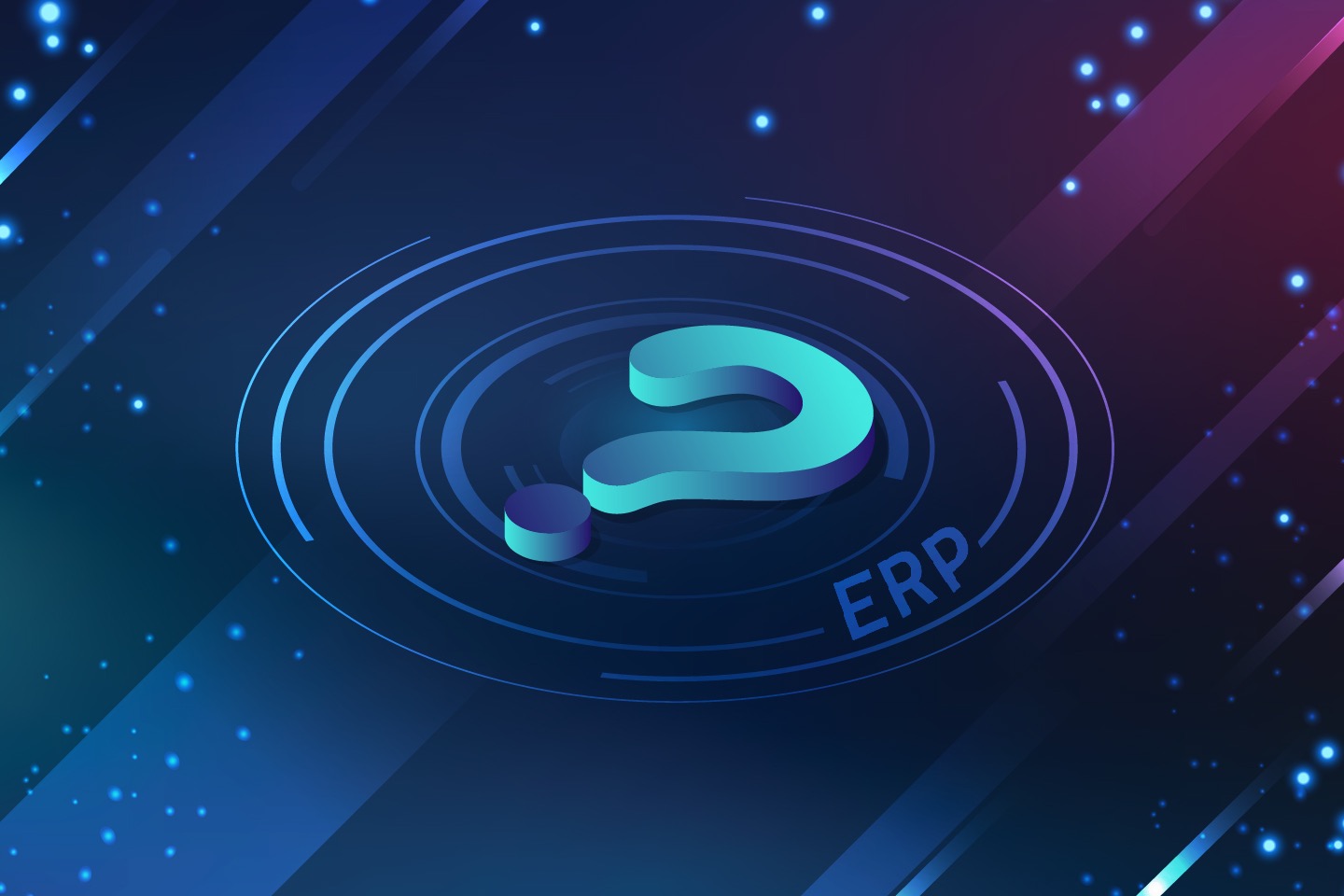Enterprise Resource Planning (ERP)
What Are Two Questions to Ask When Searching for an ERP?
March 12, 2024

Connect in 3 simple steps
Let's connect.
We want to hear from you and learn how we can make technology work for your organization.
Enterprise Resource Planning (ERP)
March 12, 2024

Connect in 3 simple steps
We want to hear from you and learn how we can make technology work for your organization.